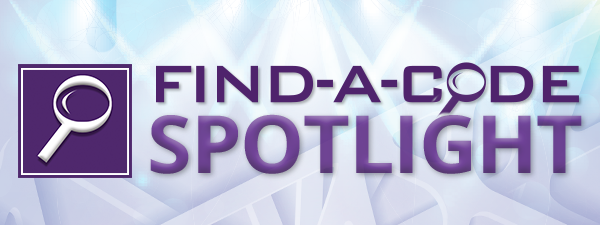 Stark Law for Healthcare ProvidersBy Brandy Brimhall
December 13, 2017 Healthcare providers need to be aware of several different fraud and abuse laws. Most are aware of the False Claims Act and the Health Care Fraud statute. Another important one to pay attention to is the Physician Self-Referral Law, also known as the Stark Law. In some industries it is legal to reward those who refer business to you; however, in federal healthcare programs, paying for referrals is illegal. The Stark Law is a federal law governing referrals for services or supplies which are payable by government entitlement programs such as Medicare, Medicaid, and CHAMPUS. This law prohibits providers from referring patients for "designated health services" (DHS) to any “entity” with which the physician (or an immediate family member) has a “financial relationship", unless an exception applies (42 U.S.C. § 1395nn(a)(1)(A)). As such, if you don’t participate in ANY Medicare, Medicaid, or related government healthcare services, you’re not likely at risk of a Stark Law violation. It is important to note that almost every state has a law against self-referrals, so in many referral-related scenarios where Stark may not be a concern to your organization, it is critical to be concerned about state regulations regarding this matter. State regulations may mirror many of the regulations included in the federal Stark Law and may be even more stringent. Seeking the guidance and information from your local state association or board as well as a qualified health care attorney may be extremely beneficial. Multi-disciplinary practices tend to be at greater risk and are therefore more vulnerable in relation to Stark and other self-referral laws. There are a few limited exceptions to Stark Law regulations, but they are very restricted and providers would be wise to consult an attorney before entering into such an arrangement. One of these limited situations is the "per-click arrangement" which is discussed below. Regarding the federal Stark Law specifically, even if your practice cares for beneficiaries of federal entitlement programs as defined above, there are only 11 types of services commonly referred to as "designated health services," which Stark addresses. If you don't provide those services, it is likely that you may not need to be concerned with a Stark violation. These services include the following:
2017 CHANGES The 2017 Medicare Physician Fee Schedule (PFS) rule included updates and clarifications regarding the Stark Law. These apply to per-click arrangements and the services/supplies included in the "Designated Health Services (DHS)" list.
As a reminder, there may be specific state guidelines similar to Stark that may be applicable to you. Be safe, do NOT assume that Stark Law does not apply to you. Learn all you can about Stark and state-specific self-referral laws in order to ensure compliance. share
More Items in December 2017
To view more items select a month from our "Items by Month" list. |
2021 - View 2020 - View 2019 - View 2018 - View 2017 - View 2016 - View 2015 - View 2014 - View 2013 - View 2012 - View 2011 - View 2010 - View 2009 - View 2008 - View |
Thank you for choosing Find-A-Code, please Sign In to remove ads.

 Quick, Current, Complete - www.findacode.com
Quick, Current, Complete - www.findacode.com